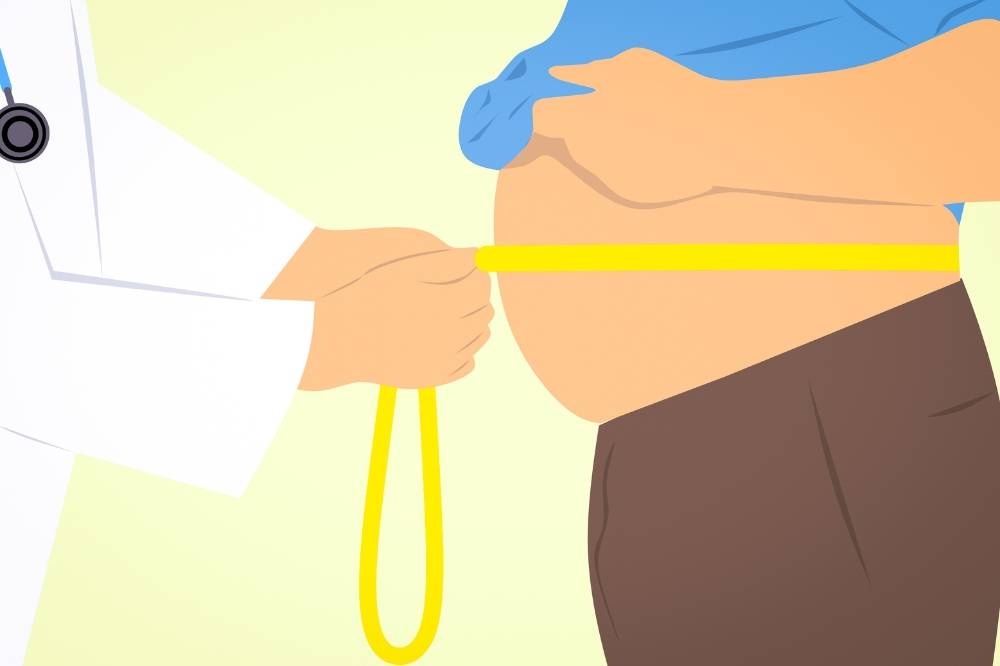Balanced fasting: 10 smart eating habits to maintain or lose weight this Ramadan
After a long day of fasting, it is tempting to break the fast with deep-fried snacks and sugary treats.

Ramadan is a time of spiritual reflection, self-discipline, and gratitude—but it can also lead to overeating and weight gain if meals are not planned mindfully.
After a long day of fasting, it is tempting to break the fast with deep-fried snacks and sugary treats.
However, doing so can have negative effects on digestion and metabolism.
IMU University's Nutrition and Dietetics Department, Dietitian Nur Adila Samingan explained that consuming these foods can slow digestion, cause bloating and trigger blood sugar spikes, leading to energy crashes and cravings.
However, with the right approach, fasting can actually support weight maintenance or even weight loss.
"Fasting itself can be beneficial, but it all depends on how you break your fast and what you eat throughout the night," Adila said.
Here are ten effective strategies to help you stay on track during Ramadan.
1. CHOOSE NUTRIENT-DENSE FOODS
Instead of indulging in calorie-heavy meals, prioritise nutrient-dense options that provide essential vitamins, minerals and fibre without excess calories.
Adila said we should opt for lean protein sources such as chicken, fish and lean meat, cooked with minimal oil.
"Whole grains like oats and wholegrain bread, along with plenty of vegetables and fruit, should also be included.
"These foods keep you full and satisfied, helping to prevent unnecessary snacking," she said.
2. PRACTISE PORTION CONTROL
It is easy to overeat after fasting for hours, but controlling portions is key to maintaining a healthy weight.
Adila suggested using smaller plates to help regulate food intake.
"When you are really hungry, you might be tempted to pile on more food than you need.
Being mindful of portion sizes can help prevent overeating," she explained.

3. START LIGHT
The best way to ease your digestive system into action is by breaking your fast with a few dates and a light, hydrating soup such as rice porridge.
"This helps prevent sudden overeating and prepares your body for the main meal.
"Jumping straight into heavy or oily foods can overwhelm the stomach, leading to bloating and sluggishness,” she added.
4. MINIMISE DEEP-FRIED AND OILY FOODS
Fried foods may be a staple at Ramadan bazaars, but they are high in calories and saturated fats, which can contribute to weight gain.
"Instead of fried options, go for grilled, stewed or steamed dishes.
Healthier cooking methods provide the same great taste without unnecessary fats,” she said.
5. LIMIT SUGARY DRINKS AND DESSERTS
After a long fast, it is tempting to reach for sweet drinks or desserts, but Adila warned that they can lead to energy crashes.
"Opt for plain water, unsweetened tea or coffee or fruit-infused water instead.
"If you are craving something sweet, enjoy a serving of fruit or a small portion of dessert after a balanced meal,” she said.

6. STAY HYDRATED
Dehydration can sometimes be mistaken for hunger, leading to unnecessary snacking.
Drinking enough water between iftar and suhoor is essential to prevent this.
"Aim for plenty of plain water to stay hydrated and support digestion.
"Avoid excessive caffeinated drinks, as they can lead to further dehydration," she added.
7. EAT MINDFULLY
Fasting for several hours can make you feel full more quickly than usual, so it is important to eat slowly and listen to your body's hunger and fullness cues.
"This is the perfect time to practise mindful eating—chew slowly and stop eating when you feel satisfied.
This habit prevents overeating and helps with long-term weight management," she said.
8. PLAN YOUR MEALS WISELY
If you are heading to a Ramadan bazaar for iftar, be sure to make smart choices.
"Opt for lower-calorie options like soup-based dishes, grilled chicken (such as ‘ayam percik’), rice porridge, and Malay salads (kerabu).
"Sticking to a budget can also help prevent impulse buying of high-calorie foods," she added.

9. INCORPORATE LIGHT EXERCISE
A common misconception is that fasting prevents exercise, but light physical activity can actually boost metabolism and aid digestion.
"A simple walk before or after iftar can help with weight management.
Choose low-intensity activities that won’t leave you feeling exhausted," she said.
10. BE PATIENT AND CONSISTENT
Losing weight during Ramadan might be easier than maintaining it afterwards, especially with the upcoming festive season.
"Sustainability is key. Focus on long-term healthy habits rather than just a short-term fix.
Staying consistent with mindful eating and regular activity will help maintain your progress even after Ramadan ends," she highlighted.
Ramadan is not only a time for spiritual growth but also an opportunity to develop healthier eating habits.
By making thoughtful food choices and practising moderation, you can maintain or even lose weight while fasting.
Download Sinar Daily application.Click Here!















